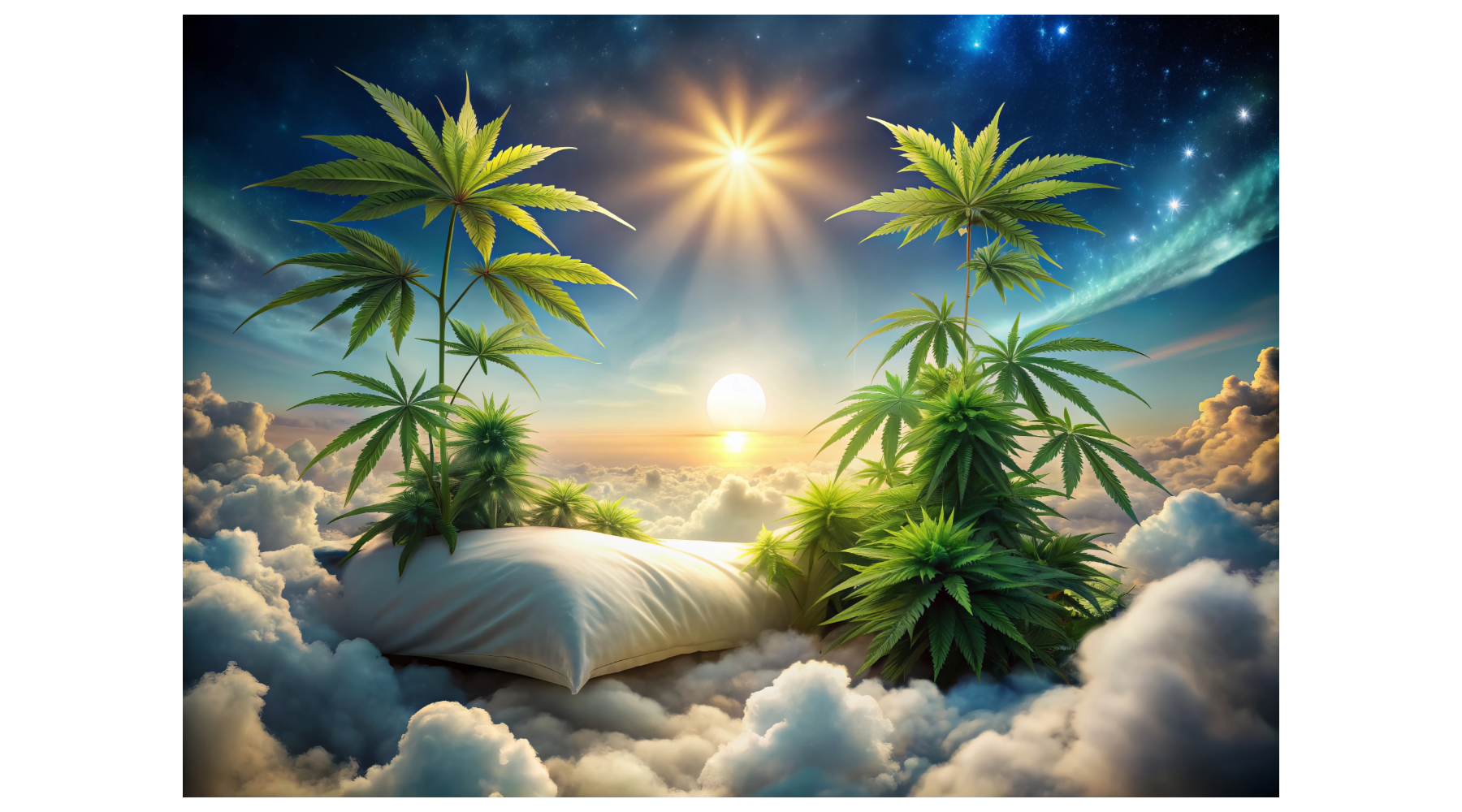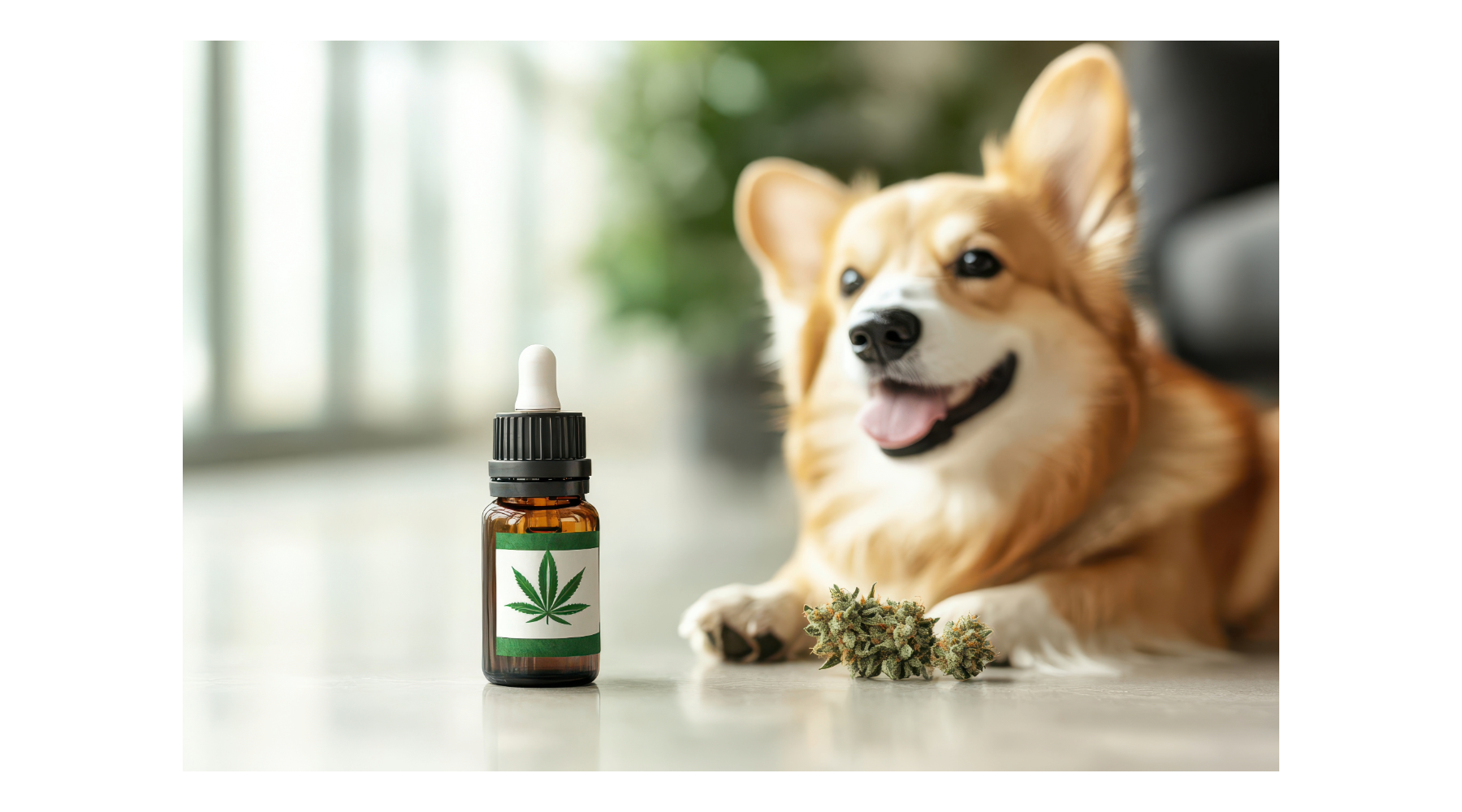Cannabis, or marijuana, has been used for centuries for its various therapeutic and recreational benefits. One of the most common effects reported by cannabis users is drowsiness or a feeling of sleepiness. This has led many to wonder: why does THC, the psychoactive compound in marijuana, make people so sleepy? In this blog post, we’ll explore the science behind this phenomenon and delve into the reasons why THC can promote sleepiness.
What is THC?
Before we dive into the science, let’s first understand what THC is. THC, or tetrahydrocannabinol, is one of the most well-known cannabinoids found in cannabis. It’s responsible for the "high" that people experience when they consume marijuana. THC interacts with the body’s endocannabinoid system (ECS), a complex network of receptors that regulate a variety of physiological functions like mood, appetite, and sleep.
The ECS has two main types of receptors: CB1 and CB2. When THC enters the body, it binds primarily to CB1 receptors, which are predominantly located in the brain and central nervous system. This interaction leads to a variety of effects, including euphoria, altered perception, and increased relaxation. But when it comes to sleepiness, THC’s effects on the brain are a key factor.
The Role of THC in Sleep Regulation
One of the most significant ways that THC influences sleep is by affecting the brain's neurotransmitters, which are responsible for regulating sleep-wake cycles. The primary neurotransmitter involved in sleep is GABA (gamma-aminobutyric acid), an inhibitory neurotransmitter that helps to calm the nervous system and promote relaxation. THC has been shown to increase GABA activity, leading to a reduction in neural activity and a sense of sedation.
Moreover, THC also interacts with the serotonin system. Serotonin plays a crucial role in regulating mood, appetite, and sleep. By increasing serotonin levels in the brain, THC can induce a relaxed state that makes it easier to drift off to sleep. This effect is particularly noticeable in higher doses of THC, which can produce a more pronounced sedative effect.
THC and the Sleep-Wake Cycle
Our sleep-wake cycle, also known as the circadian rhythm, is influenced by a variety of factors, including light exposure, melatonin levels, and other hormones. THC has been found to have a modulating effect on melatonin, the hormone responsible for regulating sleep onset. Research suggests that THC can increase melatonin production, helping to signal to the body that it’s time to rest.
Additionally, THC can reduce the time it takes to fall asleep, which is why many users report feeling sleepy after consuming marijuana. This can be particularly helpful for those who struggle with insomnia or other sleep disorders. However, while THC may help with sleep onset, it’s important to note that it can also disrupt the later stages of sleep, such as REM (rapid eye movement) sleep, which is crucial for restorative rest.
Why Does THC Make Some People Sleepy While Others Feel Energized?
Not everyone experiences sleepiness from THC in the same way. The effects of THC can vary based on several factors, including the individual’s tolerance, the strain of cannabis used, and the method of consumption. Some people may feel energized or even anxious after consuming THC, while others might experience deep relaxation and sleepiness.
Here are a few factors that can influence how THC affects your energy levels:
-
Tolerance: People who use cannabis regularly may build up a tolerance to THC. This means that the more you use THC over time, the less likely you are to experience intense sleepiness from it.
-
Strain and Cannabinoid Profile: Different strains of cannabis contain varying amounts of THC and other cannabinoids, such as CBD. Indica strains, in particular, are known for their calming and sedative effects, while sativa strains tend to be more energizing. The combination of THC and CBD also plays a role in how sleepy or alert a person feels.
-
Method of Consumption: The way you consume THC can affect how quickly and intensely it makes you sleepy. Smoking or vaping marijuana delivers THC to your bloodstream quickly, while edibles take longer to process, and the effects can last longer. Edibles, in particular, can have a more pronounced sedative effect, as the THC is metabolized by the liver and converted into a more potent compound.
-
Individual Factors: Each person’s body reacts differently to cannabis. Factors like metabolism, overall health, and the presence of other medications can influence how THC affects your sleep patterns.
The Benefits and Drawbacks of Using THC for Sleep
For those who struggle with sleep issues like insomnia or anxiety, THC can be an effective way to help them fall asleep faster. However, it’s essential to approach THC use carefully, as there are both benefits and drawbacks to using it as a sleep aid.
Benefits:
- Faster sleep onset: THC can reduce the time it takes to fall asleep, making it easier for people who struggle with falling asleep to rest.
- Reduced anxiety: THC can help reduce anxiety, which may be a significant barrier to getting a good night’s sleep.
- Pain relief: For those who suffer from chronic pain, THC can help alleviate discomfort and promote relaxation, making it easier to sleep.
Drawbacks:
- Disrupted REM sleep: While THC may help with sleep onset, it can reduce the amount of REM sleep you get, which can negatively impact the quality of your sleep.
- Tolerance and dependence: Over time, regular use of THC can lead to tolerance, meaning that higher doses are required to achieve the same effects. In some cases, individuals may develop a psychological dependence on THC for sleep.
- Next-day grogginess: Some people may experience grogginess or a "hangover" feeling the next day, especially after consuming THC in large quantities or through edibles.
Conclusion
THC has a powerful impact on sleep, and for many people, it can help promote relaxation and sleepiness. By interacting with the body’s endocannabinoid system, THC increases GABA activity, enhances serotonin levels, and modulates melatonin production—all of which contribute to a sleepy, sedative effect. However, its impact on sleep can vary from person to person, and while it may help some individuals fall asleep more easily, it can also disrupt sleep patterns in the long run.
As with any substance, it’s essential to approach THC use with care, particularly when it comes to using it as a sleep aid. If you’re considering using THC for sleep, it may be helpful to consult with a healthcare provider to discuss the best options for your specific needs.
































